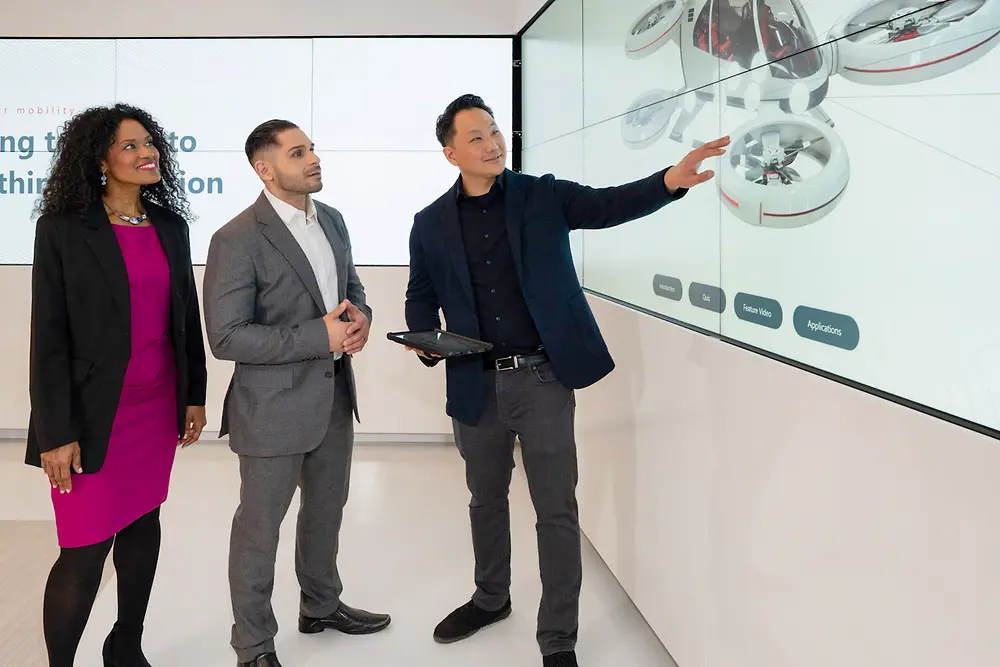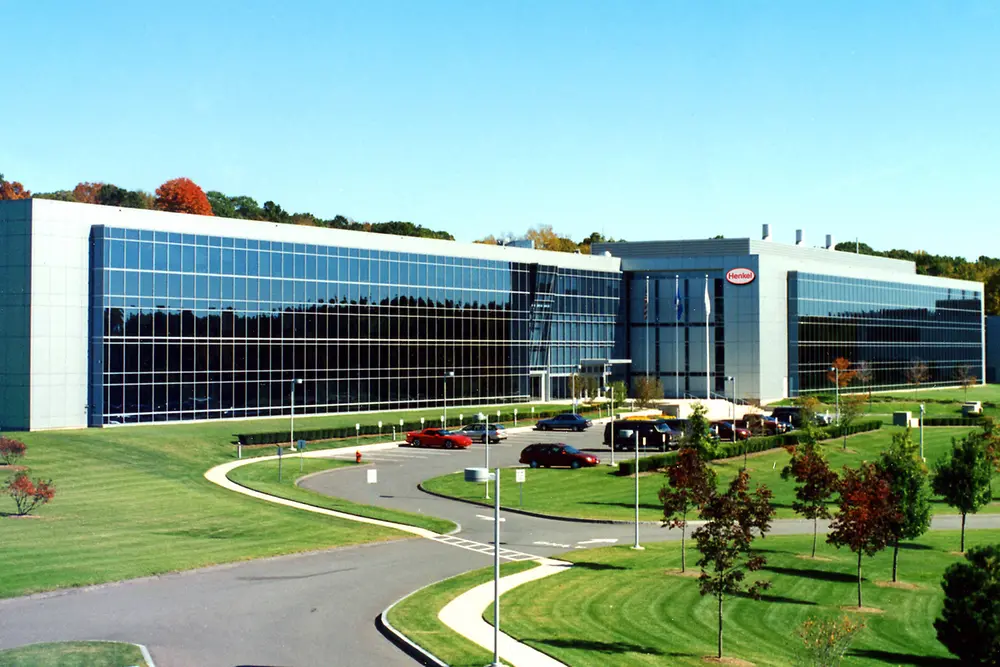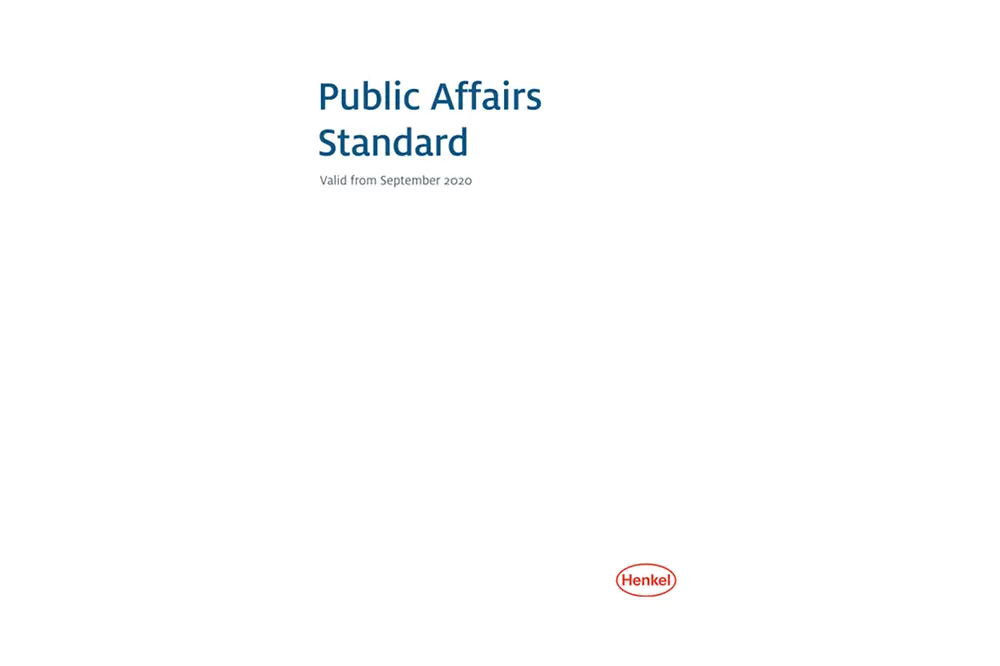This open exchange offers a basis for mutual understanding and an opportunity to attain social acceptance of our entrepreneurial decisions. At the same time, the dialogue is a source of new ideas and makes an important contribution to our innovation management, risk management and forms the basis for the further development of our sustainability strategy and reporting.
Therefore, we are engaged in a continuous dialogue with
Materiality analysis: We use a series of different instruments and processes to analyze global challenges to sustainable development and identify material topics for Henkel's sustainability management and reporting.
Materiality analysis: We use a series of different instruments and processes to analyze global challenges to sustainable development and identify material topics for Henkel's sustainability management and reporting.
What are the most important challenges regarding sustainability and expectations towards Henkel? To find an answer to this complex question, we use a series of different instruments and processes to identify and assess topics of relevance for Henkel’s sustainability management and reporting. In doing so, we dialogue with sustainability-focused institutions, international rating agencies and analysts, and academia. We also consider the assessment criteria of various financial and sustainability-oriented indices and the guidelines of the Global Reporting Initiative (GRI).





